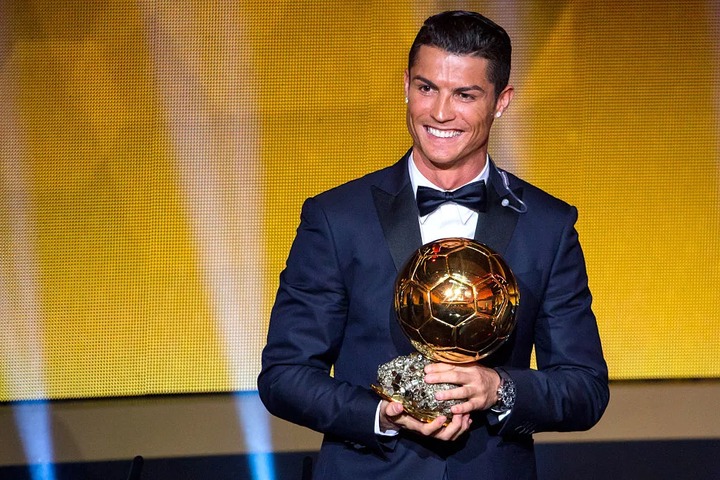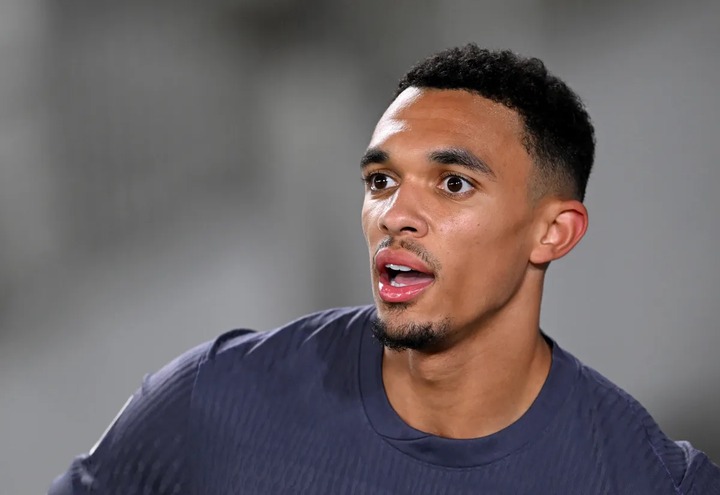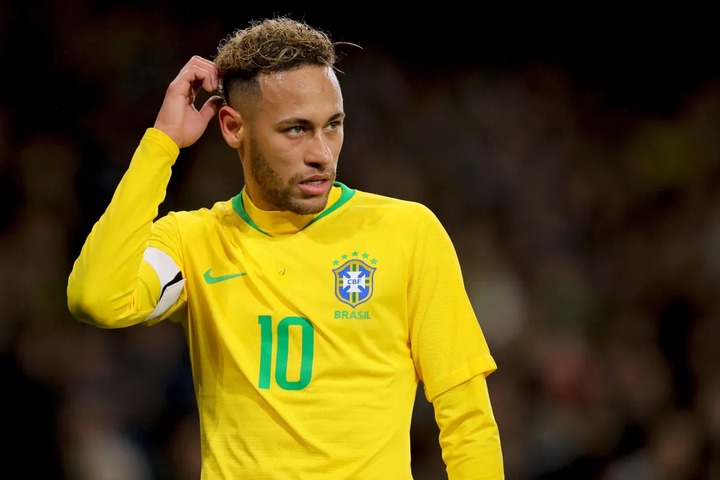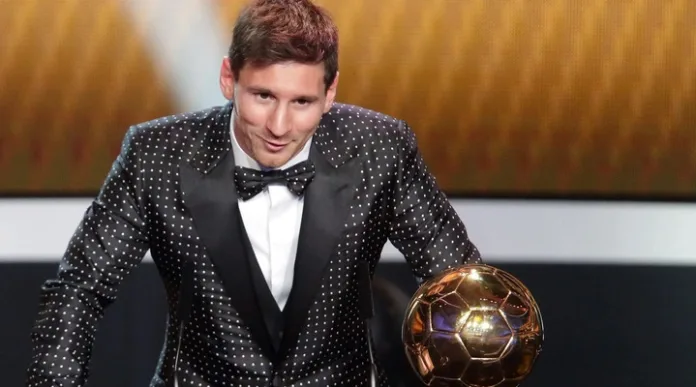Ballon d’Or fever is here again, with a first-time winner set to be crowned in the 68-year-old men’s award in a gala ceremony in Paris. But it didn’t always used to come with such feverish anticipation.
The Ballon d’Or has always carried some prestige, of course, but it was previously the kind of thing that only magazine-reading football nerds particularly cared about.
Many more casual fans were only vaguely aware of it. Michael Owen’s 2001 win – the last time an Englishman took it – is remembered as ‘oh yeah, he did, didn’t he?’, rather than as the culmination of a career that absolutely shone in his early years. It certainly wasn’t something people talked about all year round, as it is these days.

Now, the Ballon d’Or is so important to some players that they are often reported to weigh up whether a move is right for them or not on the basis of how they feel it will affect their chances of winning it.
For Kylian Mbappe and, formerly, Neymar, it has been said to be a veritable obsession. Trent Alexander-Arnold spoke a few days ago about wanting to be the first full-back ever to win the award. For those of us of a certain age – old enough to have seen attitudes towards the Ballon d’Or change so dramatically – it all feels a bit… weird.

We suspect there are three main factors behind the rise of the Ballon d’Or. First: the increasingly globalisation of football (by which we mean, eyes being put on football from overseas, rather than just within your own shores) has been, in part, built around individual players, rather than teams.
For older fans, trophies are the most important metric of a side’s success; any individual baubles handed out on the back of those successes are secondary footnotes. But the constant competition between Lionel Messi and Cristiano Ronaldo during their virtual duopoly on Ballon d’Or votes, from the late 2000s until just last year, has stoked interest in those solo crowns.
That rivalry could not have been more perfectly timed for the advent of mass social media. Earlier in the 2000s, such debate was constrained to pub corners and football forums containing only the most IT-savvy and lonely. With smartphones came the Twitter boom, and with the Twitter boom came the desperate need for everyone to have a loudly announced opinion on all things at all times, preferably expressed in the form of memes.
The Ballon d’Or is perfect fodder for the most partisan and most brainless form of discourse. Penaldo. Pessi. When the award is won by your appointed god, it is righteous proof of their supremacy. When it goes to the other fella, it is proof of football’s big conspiracy against your own hero.
VIDEO How Arne Slot’s GENIUS System Has Made Liverpool Title Challengers
Nobody would take these people at all seriously, were it not for the fact that stories playing into that kind of fandom provide multitudes more clicks for football media outlets. Those kinds of stories may not be the preference even of the people who are commissioning and writing them, but they pay the bills and are thus a necessary evil even for more discerning outlets like FourFourTwo.
Stick Mbappe, Messi or Ronaldo in a headline, and it’s as close to a guarantee of clicks as you are ever likely to get. Thus the tribalism and the cults of personality are fed, justified and enshrined yet further.
That then becomes self-fulfilling. Mbappe and Alexander-Arnold were both born in 1998; they would have been 9 or 10 years old when Ronaldo won his first Ballon d’Or in 2008, with Messi claiming his maiden ball the following year.
They often say that the World Cup that makes the greatest impact on you is the one that occurs closest to your tenth birthday; is it surprising that footballers who hit that formative stage at the beginning of the most feverish period of interest in the Ballon d’Or would come to see it as so much more important than the generations before them?

Having an individual accolade to chase may not be any bad thing for football, and the lovely self-correcting thing about it is that those who are so single-mindedly interested in winning it are rarely rewarded. Neymar never got his. Mbappe still hasn’t, either, despite star turns at a couple of World Cups.
Whatever you may think of the journalists who vote for the award, they can all spot naked self-interest a million miles away. If you reek of it on the pitch, you are by definition not helping your team as much as you could be.
That’s not to say Messi and Ronaldo were never interested in it – of course they were – but in their prime, their focus was always on being the best players they could be, and hoping that was enough to get them what they felt they deserved. Ronaldo has been accused of making things too much about himself in more recent years, and has received criticism for it; he has not troubled the voting in any serious way since 2019.
Let that be a cautionary lesson to the next (let’s be honest, current) generation of stars: the Ballon d’Or is a worthy aspiration, but let it become the most important goal you have, and it will only hurt your chances.
